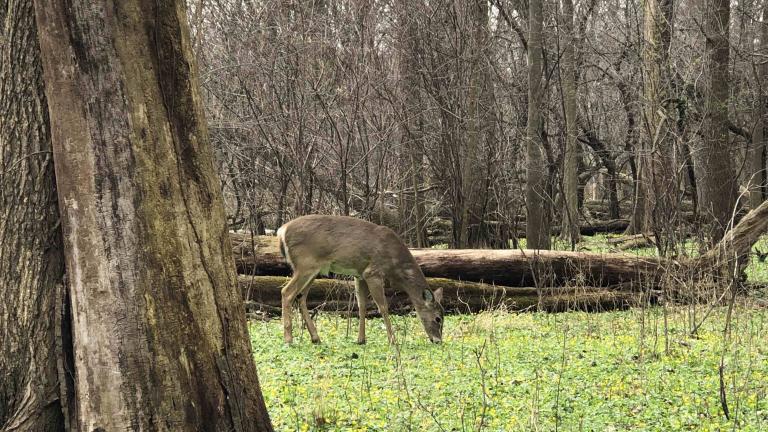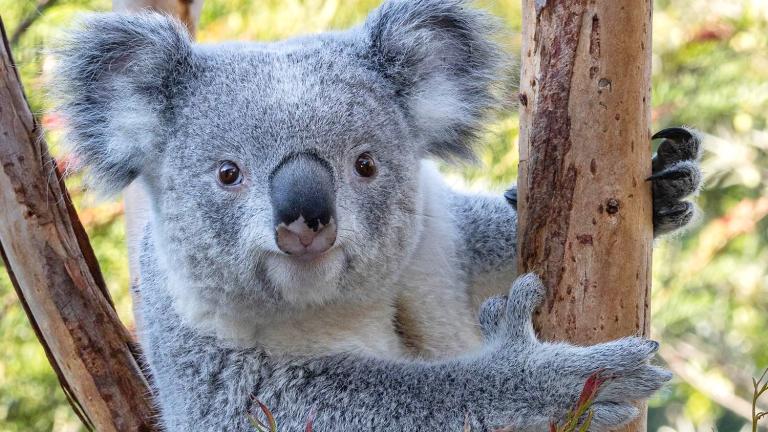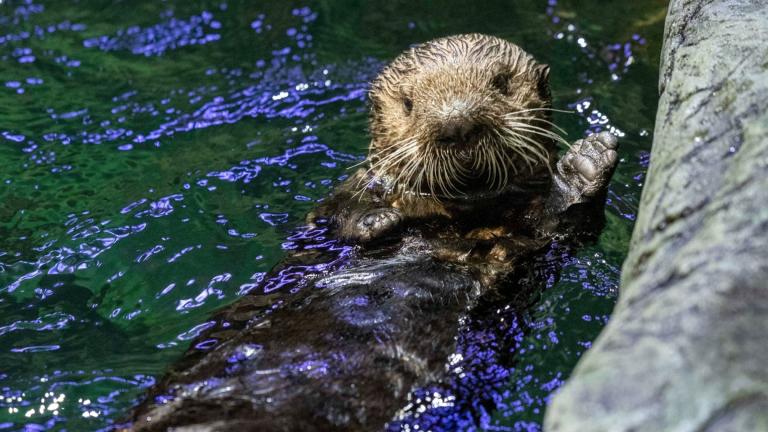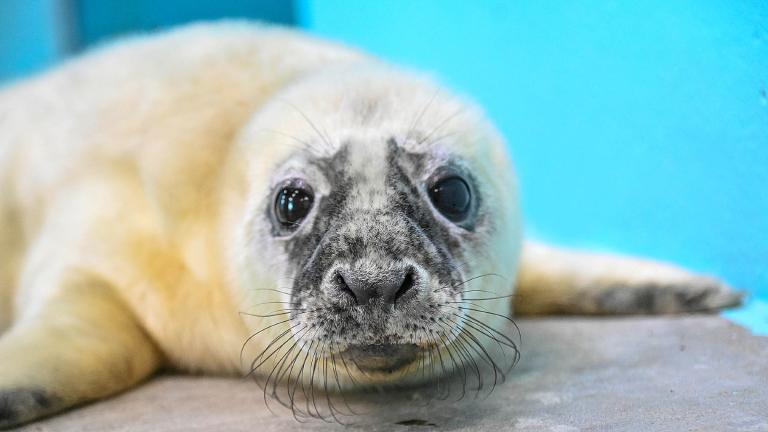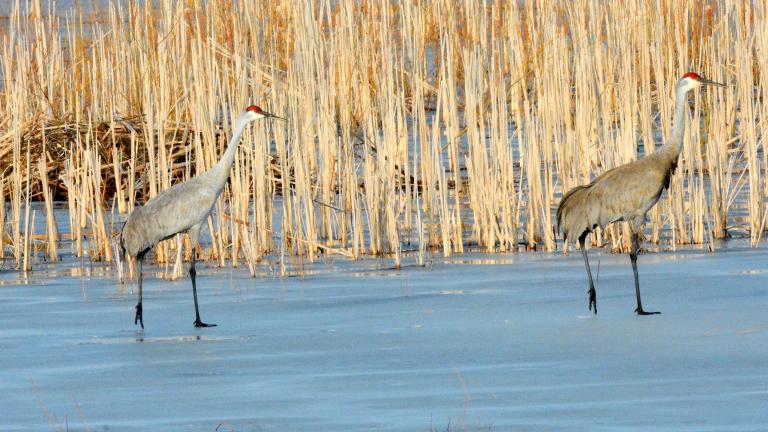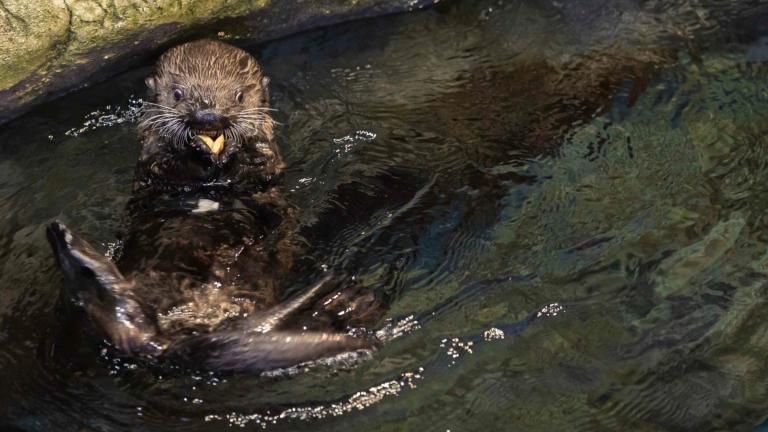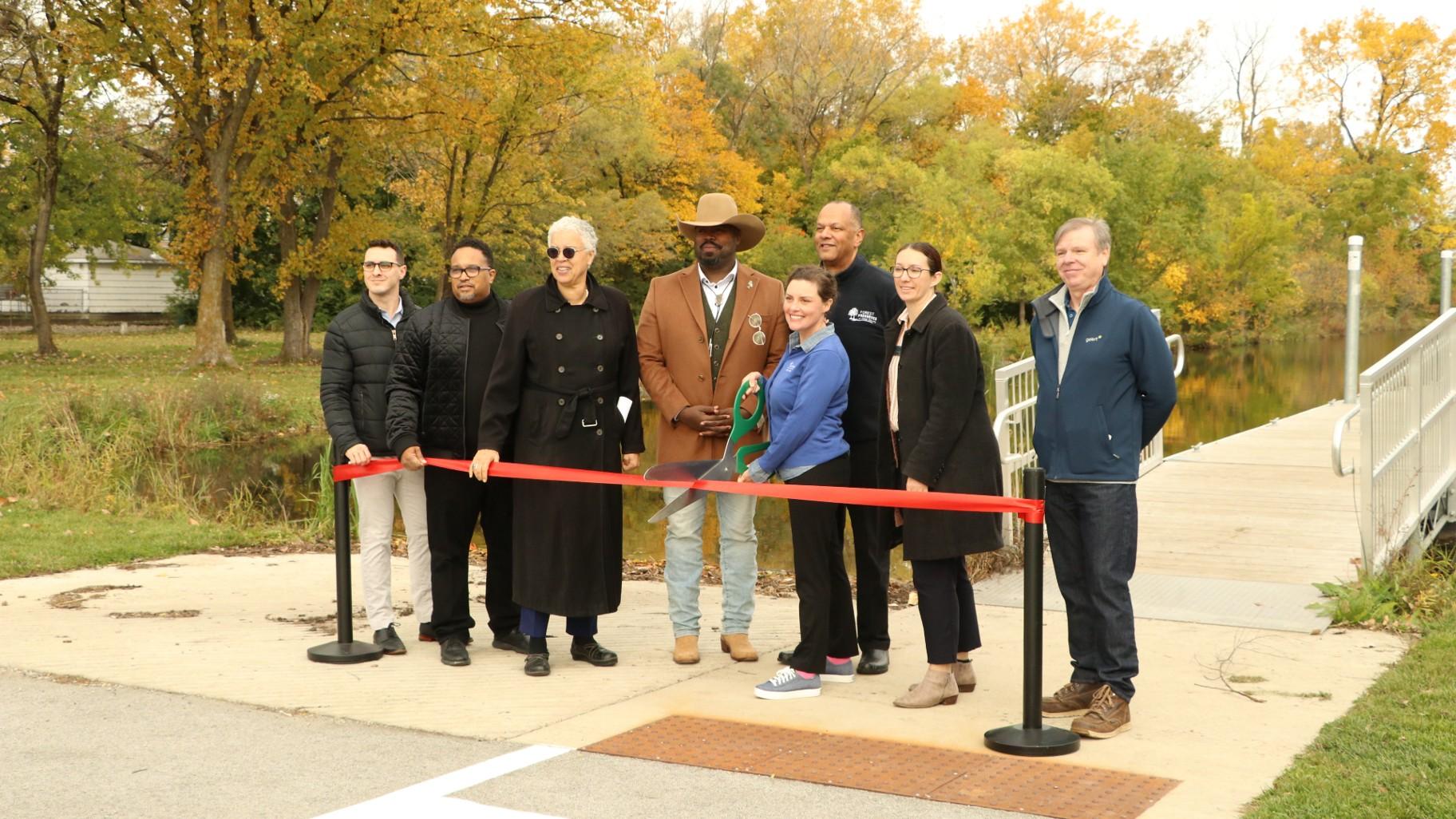
A major effort to restore nearly 200 acres of wetland habitat at Powderhorn Prairie and Marsh Nature Preserve on Chicago’s Southeast Side is now complete after more than three years of work.
The $1.2 million restoration project – which involved installing a series of underground pipes to reconnect Powderhorn Lake and Wolf Lake to the north – aims to restore natural historic water levels in the area. Those connections will then alleviate flooding for surrounding residents and create an improved habitat for more birds and fish to return to the area.
The wetlands sit in an area known for heavy industry and manufacturing called the Calumet region, which includes much of the city’s Southeast Side and portions of northwest Indiana.
“We know it’s an area that experiences some of the worst air quality in the United States, that has a legacy of contamination and degradation, and we’re really trying to flip the narrative on its head,” said Audubon Great Lakes Senior Conservation Manager Daniel Suarez.
Daniel Suarez, senior conservation manager at Audubon Great Lakes, talks about the habitat restoration project on Oct. 23, 2023. (Eunice Alpasan / WTTW News)
Building connecting waterways between Powderhorn Lake and Wolf Lake aims to restore wildlife numbers by connecting previously separated habitats and allowing for fish and turtles to move between lakes via underground pipes.
Plus, being able to control water levels in the area with the installation of a water gauge allows for the protection of marsh birds, whose numbers have been in decline for the past few decades.
National Audubon Society Chief Conservation Officer Marshall Johnson said during a ribbon-cutting ceremony Monday for the completed project that we’re dealing with two extremes.
“Water levels are currently too high, but science and modeling indicates that climate change will cause them to be too low, too soon,” Johnson said. “The water control structure will allow water managers to adjust these extremes, to have control over these extremes to the extent possible so that we can protect the vulnerable birds.”
Audubon Great Lakes and the Forest Preserves of Cook County officials say they are working together to monitor marsh bird presence, wetland vegetation and water levels to ensure that the habitat is ideal for fish and marsh birds moving forward.
The overall outcome of the project is the restoration of 192 acres of wetland habitat, 630 linear feet of stream habitat and 45 acres of native vegetation, conservation officials say.
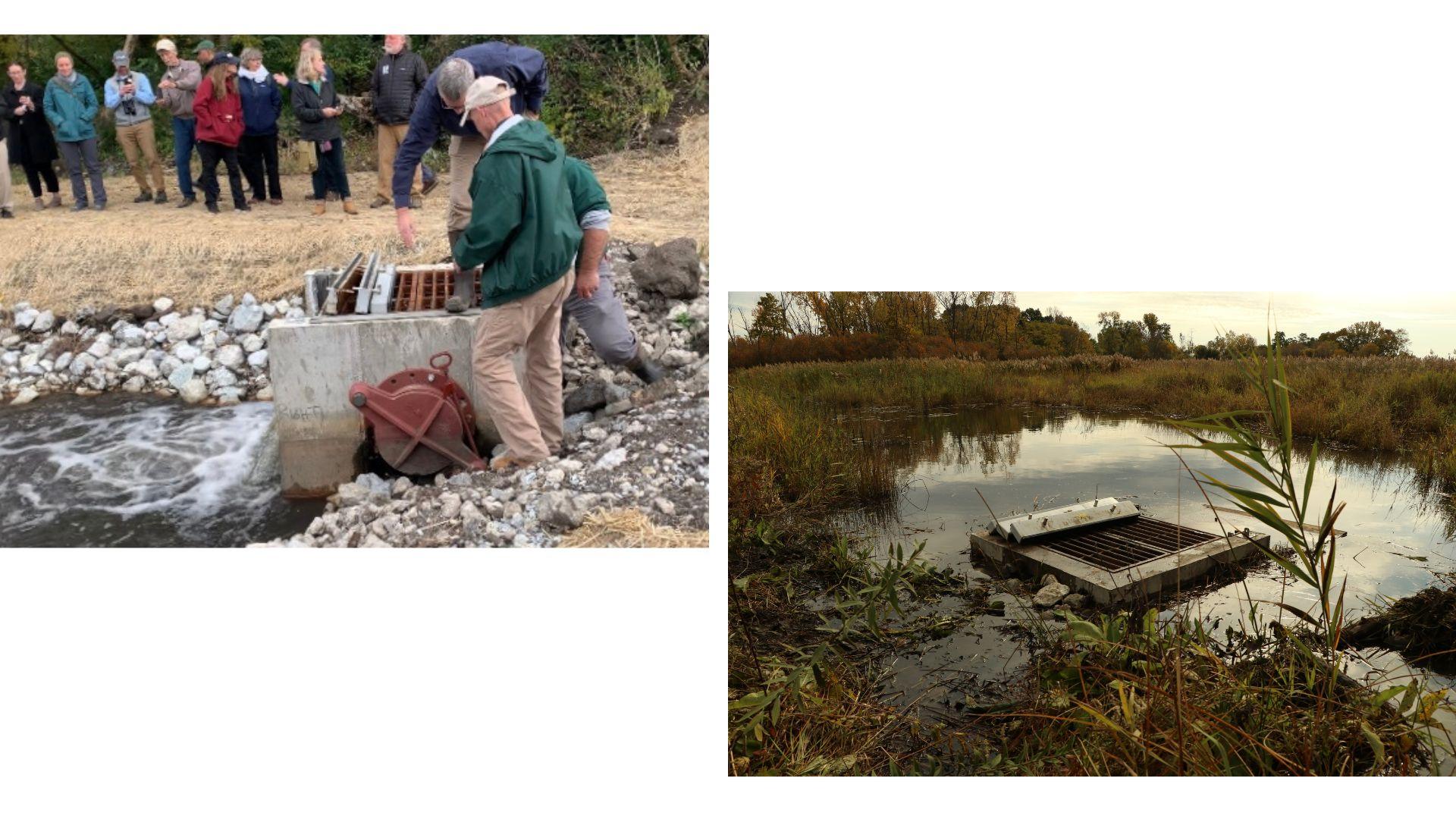 Left: Conservation workers use a water gauge to control water levels through waterways connecting Powderhorn Lake and Wolf Lake on Oct. 23, 2023. (Eunice Alpasan / WTTW News) Right: (Nicole Cardos / WTTW News)
Left: Conservation workers use a water gauge to control water levels through waterways connecting Powderhorn Lake and Wolf Lake on Oct. 23, 2023. (Eunice Alpasan / WTTW News) Right: (Nicole Cardos / WTTW News)
Walter Marcisz, who grew up in the surrounding Hegewisch neighborhood and has been a birder in the area for almost 60 years, said he has seen a lot of changes over time in the Powderhorn Lake area with the precipitous decline of several marsh bird species.
“The conditions, because of water levels and invasives and so forth, have not been good for marsh birds, and I want to see that all come back,” Marcisz said. “This [project] is the first step in the right direction to bring all that stuff back... It’s been a long time coming.”
Audubon Great Lakes and the Forest Preserves of Cook County led the restoration project in partnership with the Great Lakes Commission and the National Oceanic and Atmospheric Administration. The Great Lakes Restoration Initiative funded the project.
The ribbon-cutting ceremony included remarks from Cook County Board President Toni Preckwinkle and Cook County Board Commissioners Monica Gordon (5th District) and Stanley Moore (4th District).
“The Calumet is one of the most biologically rich wetland complexes in the country,” said Audubon Great Lakes Executive Director Michelle Parker, during the ceremony. “This is the place for us to be doing this kind of work.”
Contact Eunice Alpasan: @eunicealpasan | 773-509-5362 | [email protected]

